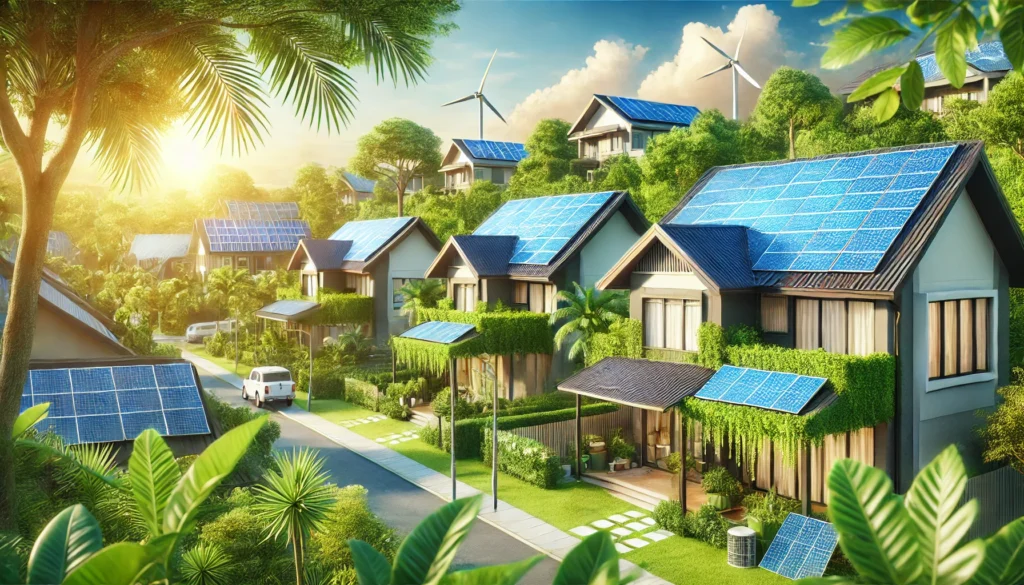With its largest domestic rooftop solar initiative called the PM Surya Ghar Muft Bijli Yojana (PMSG:MBY), India reached 8.86 lakh households, shared Union Minister Shripad Naik. The scheme, which is aiming towards a cleaner energy future in India, is reaching its target of one crore homes who would be encouraged to use solar power by March 2027.
In the last parliamentary session, the Minister of State for New and Renewable Energy stated that the scheme has been quite a success, with 1.71 crore registrations and 45.15 lakh applications being received through its national portal by February 6, 2025. Furthermore, the goal is to make Indian households self-sufficient concerning energy use by installing rooftop solar panels.
State-wise Progress and Challenges
Nevertheless, the phenomenon affects certain regions unevenly, where, in some cases, as the data transmitted in the Upper House showed, Arunachal Pradesh had not registered any resident who benefitted from the program. Further, other states and union territories, including Sikkim with only 4 households, Andaman and Nicobar Islands with 5 installations, and Nagaland with 7, were fixed to single-digit figures.
State-wise, of the states that were challenged to set up 100 or fewer rooftop installations, there were Dadra and Nagar Haveli and Daman and Diu (56), Meghalaya (17), and Mizoram (87). These findings point out the problems with raising awareness, developing infrastructure, and policy implementation in certain regions.
Future Goals and Zero Electricity Bill Prospects
Shripad Naik, the minister, revealed that the government itself is the target of installations of 10 lakhs by March 2025 and 20 lakhs by October 2025, with efforts being made to the latter. Further, he clarified that the success of zero electricity bills is based on the following:
- Rooftop solar capacity.
- The amount of solar power generated.
- Consumer’s electricity consumption.
- State electricity regulations
Present data suggests almost 45% of participant households have already achieved a zero bill, hence proving the effectiveness of the plan in its goal of reducing energy costs. The average cash grant provided to a single-family household under the project amounts to approximately ₹77,800.
India’s Renewable Energy Push
The PMSG:MBY initiative is a significant part of India’s renewable energy mission, demonstrating self-sustaining power production and encouraging less dependence on traditional energy sources. The plan that has the intention of reaching one crore households by 2027 is expected to promote solar energy throughout the nation; as a result, millions of people will have access to clean energy.
As the installations are still in progress, the government’s commitment to the promotion of solar technology and the realization of equitable distribution of benefits of solar energy is still there. More so, the government’s move to develop a sustainable energy future for India is ongoing.
Also read: Budget 2025: A Big Push for Clean Energy and Manufacturing

